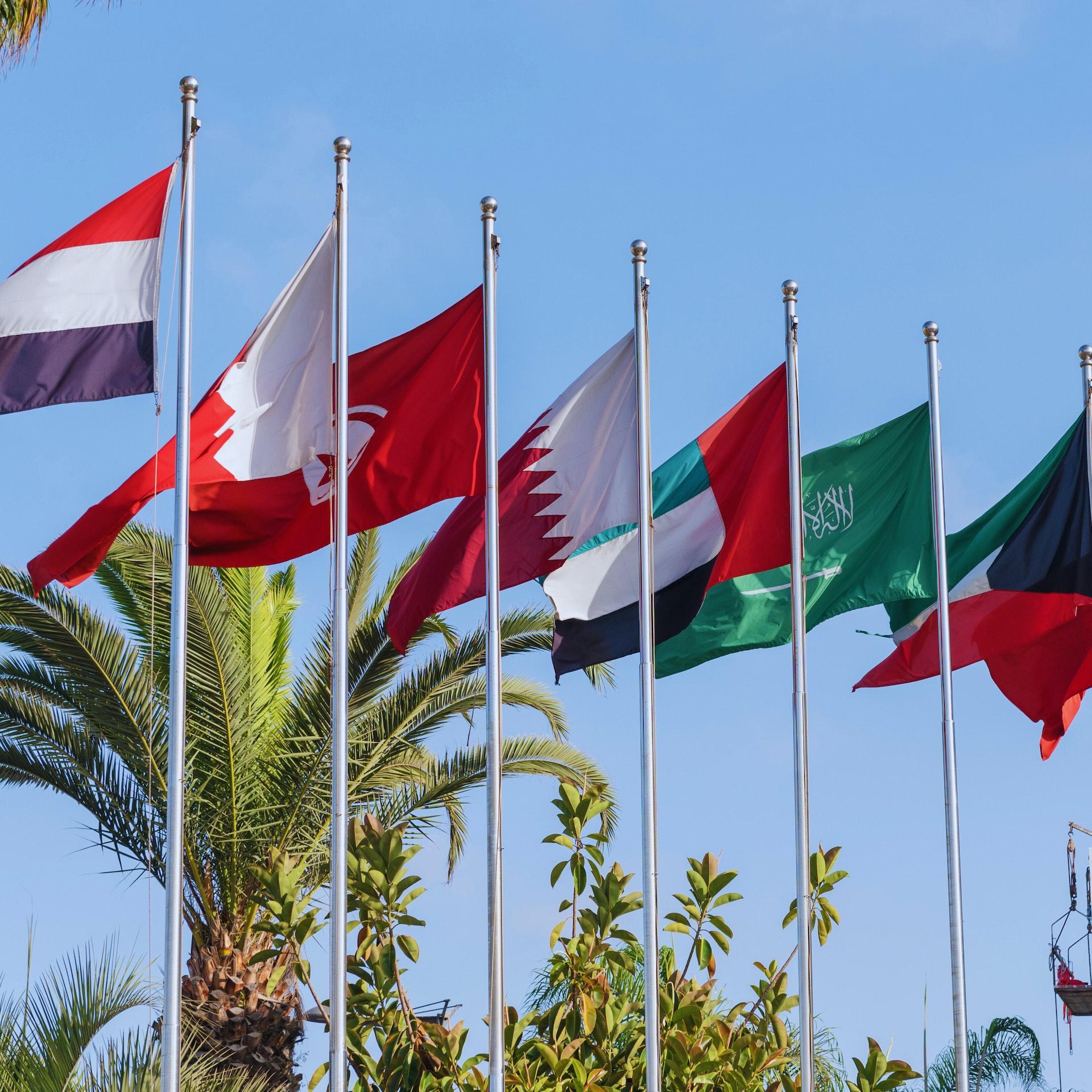Let's explore the digital growth in the Gulf, and how e-invoicing acts as a catalyst for efficiency, cost savings and economic growth amidst the growing awareness of digitalisation and automation for businesses in the Middle East.
Why is e-invoicing demand increasing?
Experts predict that 80% of global organizations will be required to exchange electronic invoices by 2025. By closing the tax collection gap through enhanced transparency, digital invoicing aligns with the goals of modernising business processes and fostering digital transformation, as well as the regulatory requirement to standardise e-invoicing formats to promote interoperability, facilitating seamless communication across industries and borders.
Adoption of e-invoicing in the Gulf goes beyond regulatory compliance and offers a holistic approach to improve efficiency, getting paid faster, reducing costs, enhancing cash flow management and accuracy to facilitate timely transactions and contribute to environmental sustainability. If we take a look at the United Arab Emirates (UAE) for example, the ‘We the UAE 2031’ vision represents a national plan aligned to the UAE Digital Government Strategy to reaffirm the UAE’s global position as a leading and advanced country in the field of digital government. An E-billing System project forms part of this strategy to improve tax compliance and reduce tax evasion to be completed by July 2025.
The environmental benefits
Paper invoices produce three times more CO2 than electronic invoices. Almost 92% of emissions come from purchased goods and services, which includes data centre web hosting, printing customer invoices, paper envelopes, stamps, shipping, and consulting costs.
In a world where the technology now exists to entirely replace paper, a simple switch to e-invoicing provides huge benefits to financial control and handling – resulting in cost savings of up to 80%. In 2022, by going paperless Pagero’s customers have saved a total of 233,000 trees and avoided 19.3 thousand tonnes of emitted carbon dioxide. The technology exists to help move companies towards more efficient business practices and protection of the environment, where e-invoicing offers change for the better.
GCC digital growth
There are many emerging markets in the Gulf such as Saudi Arabia, UAE, Qatar, Oman and Bahrain, of which are actively planning to introduce, or have already implemented, e-invoicing.
Saudi Arabia spearheaded the region by announcing countrywide e-invoicing in 2020, with implementation of the ‘generation phase’ from 4th December 2021 and ‘integration phase’ through a wave process in 2023. The requirement here is that all taxpayers must connect to the Zakat, Tax and Customs Authority (ZATCA) platform and send e-invoices in the defined structured format, wherein all e-invoices are to be reported and cleared in real-time with ZATCA.
There was an introduction of VAT in Qatar in 2021, and a new VAT law in Oman from 16 April 2021 with an amended for the requirement of an electronic invoice from 17 October 2022, and Bahrain taking one step closer to implementing e-invoicing following an RFP released by the National Bureau for Revenue.
As previously mentioned, the most recent development in the Gulf is led by the UAE as it aims to increase the country’s competitiveness which includes the introduction of an e-billing system. The Ministry of Finance has announced they will likely implement Peppol specifications for the countrywide e-invoicing initiative by July 2025.
Fintech is the future
As various Gulf countries are actively embracing digitalisation, the outlook for fintech in the Middle East looks highly promising as it continues to evolve. Whether government regulated or independently implemented by businesses to align with goals and digital strategies, e-invoicing is a key player in this financial transformation journey. It paves the way for seamless, real-time transactions to drive greater operational efficiency, compliance and competitiveness to allow companies and economies thrive.
Read the full Khaleej Times article here.
Access the Digital Outlook Middle East Whitepaper
Topics:
Keep exploring
Join our community

Get in touch
Interested in getting started or learning more? Leave your contact details here and we will reach out to you!
